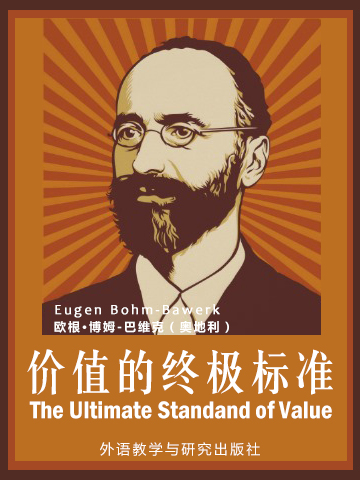If, however, the expression is to be interpreted in the wider sense, that the absolute height of wages is finally determined by the pain of labor, or by the cost of producing human beings, then, as it seems to me, Professor Marshall has taken a position which cannot be maintained. This, so far as the pain of labor is concerned, I have endeavored to show in a previous chapter. In regard to the cost of producing human beings, a twofold objection suggests itself. First, this statement is hardly verified by experience, for modern economists are quite generally agreed that the "iron law of wages" cannot be interpreted as meaning that the necessary cost of maintenance is a fixed, definite amount, toward which the wages of labor must in the long run tend. On the contrary, they are agreed that the wages of labor may permanently exceed that amount, which hitherto has been regarded as the amount of the necessary cost of maintenance. And when this excess of the wages of labor above the cost of maintenance does disappear, it is really due to the fact, that the better conditioned laboring population have so accustomed themselves to the higher standard of life, that much that before was a luxury is now a necessity. In an agreement between cost of maintenance and wages of labor obtained in this way it can hardly be said that the cost of maintenance is the determining, and the wages of labor the determined element.
在经济理论方面,还有许多悬而未决的问题一代又一代的流传下去。对于这些问题,几乎每十年都会有20次甚至上百次的讨论,而每一次讨论那些争论者都会倾尽全力力图让他们的同行对他们的观点印象深刻。
There are certain unsettled questions in economic theory that have been handed down as a sort of legacy from one generation to another. The discussion of these questions is revived twenty or it may be a hundred times in the course of a decade, and each time the disputants exhaust their intellectual resources in the endeavor to impress their views upon their contemporaries.
- 书评 写书评
- 笔记
-
书评加载中...






















 京公网安备 11010802032529号
京公网安备 11010802032529号
笔记加载中...